A Semicolon, not a full stop. Great Aunt Laura, Elastic Time, and a New Song
A Semicolon, not a full stop.
Great Aunt Laura, Elastic Time, and a New Song
Happy January 2022 (nearly missed sending this before February).
I think January can be challenging. Somehow, we’ve arranged time in Western culture to extend from January through December and, therefore, January is meant to be a beginning. But as I once wrote about January, it can give me the “dentist feeling” – my description of the unease I feel when I need to go to the dentist. I, in fact, do need to go to the dentist because two of the metal fillings I’ve had since childhood have begun to perish and have left the molars below them in a poor state.
I’m sorry to talk about my teeth, but I promised myself to begin writing and see where this letter goes and it’s gone to teeth. But really, I won’t dwell on my teeth. I was just talking about the dentist feeling and how I wonder why January has to be the beginning? After all, there doesn’t need to be a beginning and ending every single year. I think our main beginning and ending are when we are born and when we die. In between, we are beings being. We experience punctuation – sometimes a comma, sometimes a hyphen. But the tale continues and even death may be more like a semi-colon than a period; joining the two related clauses of our life on earth and our life in Heaven.
I had two very difficult things happen around Christmas and New Year; a close relative died and I fell and got a concussion. Because my relative’s family needs to wrap up affairs which involve selling a house that stands vulnerable while empty, I haven’t been able to speak publicly about this death. I completely understand this and I think the family deserves the privacy they need to close this house and grieve. But this pause in publicly speaking the name of my relative has made me realize just how much writing and sharing songs with you about people in my life who have passed away helps me to grieve and to communicate my grief. Naming them in song aloud is important.
I have written a song for this relative and you can hear it here. One day, I will make a studio recording of it for a future album and share that recording with photographs of this beloved person and tell the story of how I chose the words. It is a good story about premonitions, dreams, and last words.
I remember my grandmother saying that when Great-great-grandfather John Rufus Smith was murdered near his home up on Smith Ridge, Virginia, his sons stood at the top of the mountain and tore at their hair and clothes and wailed. This was in 1936.
I don’t know volumes about how other cultures mark a death except that some people stay in their houses for a week (or forever), some people tear their clothes, some prepare special food, some tend the body, some here in England walk behind a glass carriage pulled by strong and shiny horses. Up on Smith Ridge when someone dies, after the funeral home service and graveside rites, we have a banquet at the Friendly Chapel Church. What we call a banquet other people would called a buffet meal. I’ve always liked that Mawmaw and other people at the church use the word “banquet” to describe having a communal meal at the church. I’m always reminded of Psalm 23: “You prepare a banquet for me even in the presence of my enemies. You anoint me with oil. My cup runneth over.”
This part of the Psalm is followed by “Surely goodness and mercy will follow me all the days of my life, and I will dwell in the house of the Lord forever.” Even the psalmist seems to be talking about life and afterlife in one unbroken breath. Goodness and mercy will follow me all the days of my life – while I walk the earth, all will be well. AND I will dwell in the house of the Lord forever; I will reside in God’s house forever – forever meaning for all time, in life and even after death because time doesn’t end after death.
And that’s the thing. Time doesn’t end. Time keeps going as we move into life and out of life; as we walk along the street and turn the corner.
Today, I received a photograph from my friend Debra in Australia. It was a photo of a collage I made for a collective art project organized by Les Soeurs Anglaises in France which Debra then bought, framed, and hung on her wall. In the center of my collage sits Aunt Laura Elizabeth Jewell Hylton. I’ve spoken about her before. She married my great-grandmother’s eldest brother Patton Cleveland Hylton who was a preacher. He and Laura had seventeen children and raised them in the remote hamlet of Clell, Buchanan County, Virginia, which sits at 1800 feet (550m) high up on Keen Mountain in Appalachian. I have no doubt that Aunt Laura would wonder at not only inspiring a song in her great niece who never knew her, but also she’d be astonished that her photograph is hanging on the wall of a kind woman living in New South Wales, Australia.
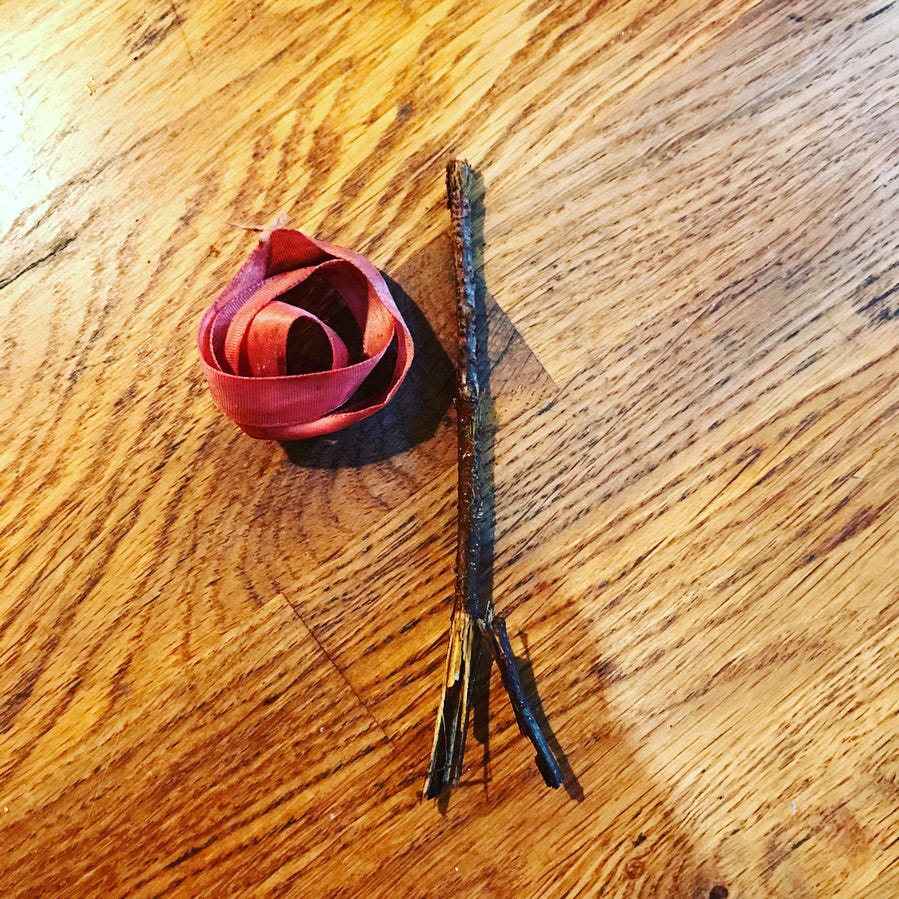
In the same way, when I see a photo of Aunt Laura and her children I want to reply to them across the semicolon of the universe to say hello. As David Byrne wrote in one of my Dad’s favorite songs Once in a Lifetime, “Time isn’t holding up, time isn’t after us. Same as it ever was, same as it ever was . . . .” Yes, time continues to flow, “letting the days go by, water flowing underground.” Or as we sang at the First Presbyterian Church of Brookline, Massachusetts, “As it was in the beginning, is now, and ever shall be. World without end. Amen. Amen.”
This may all sound like the ramblings of a woman who has fallen and had a concussion. Indeed, that is to some extent true. But my hope is that something I’ve written here will be of solace to you or spark your own thinking about time, and beginnings and endings in particular. And that, if you feel anxious about January being a beginning, you can let go of that idea and ease into a more elastic view of time.
I am more inclined to walk the world in the spirit of the punctuation model where beginnings and endings are not written in capital letters with periods, but where commas, semicolons, and dashes mark our rhythm (with occasional parenthetical asides).
As I say in my new song, “Once I was outside, now I am inside, come be by my side. I’m ready to walk home.”
Thank you for being by my side as you read this letter. If you’d like to say hello, please do by writing to me: jeniannhankins@gmail.com
Much love and friendship to you from me,
Jeni
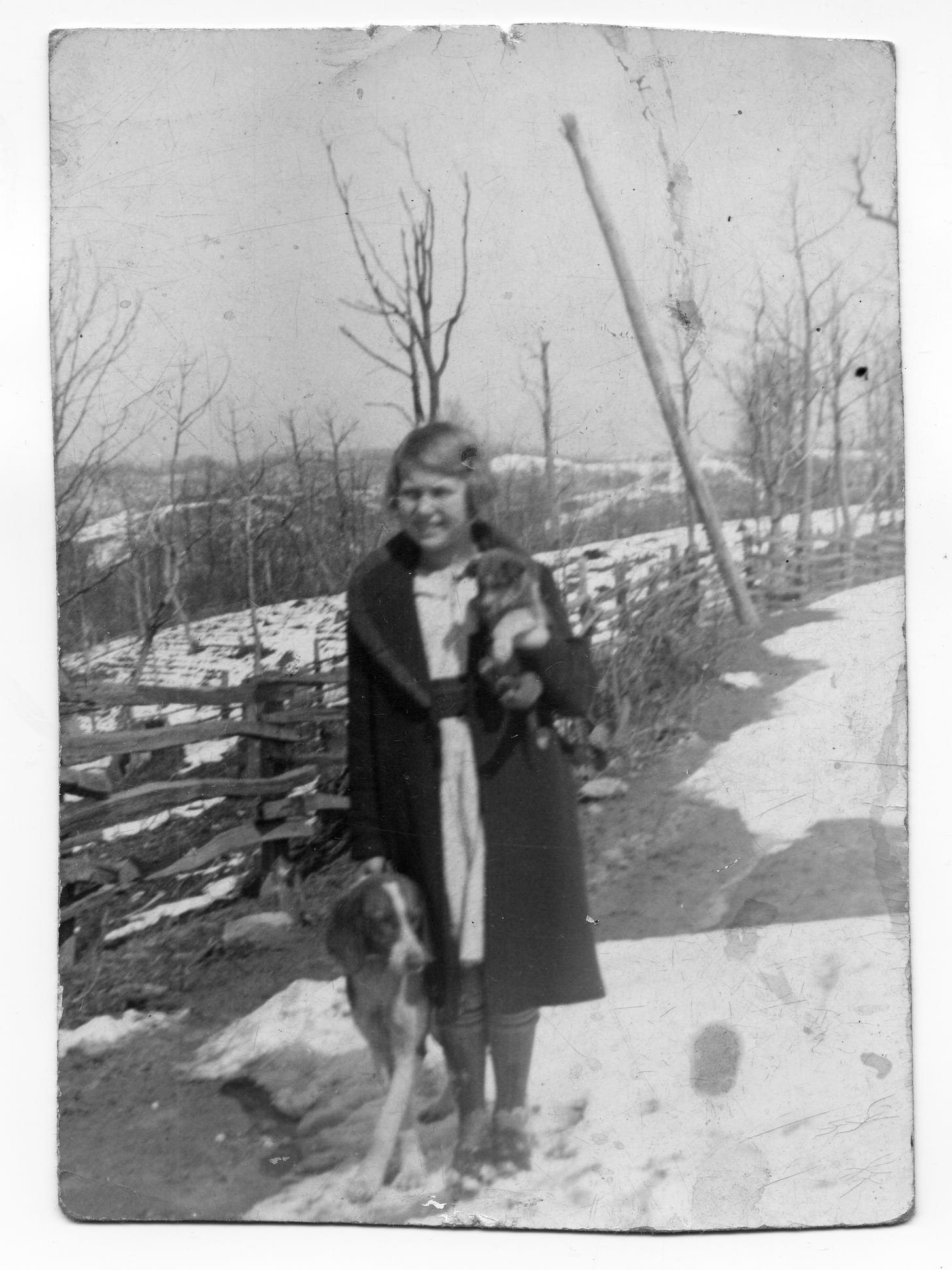
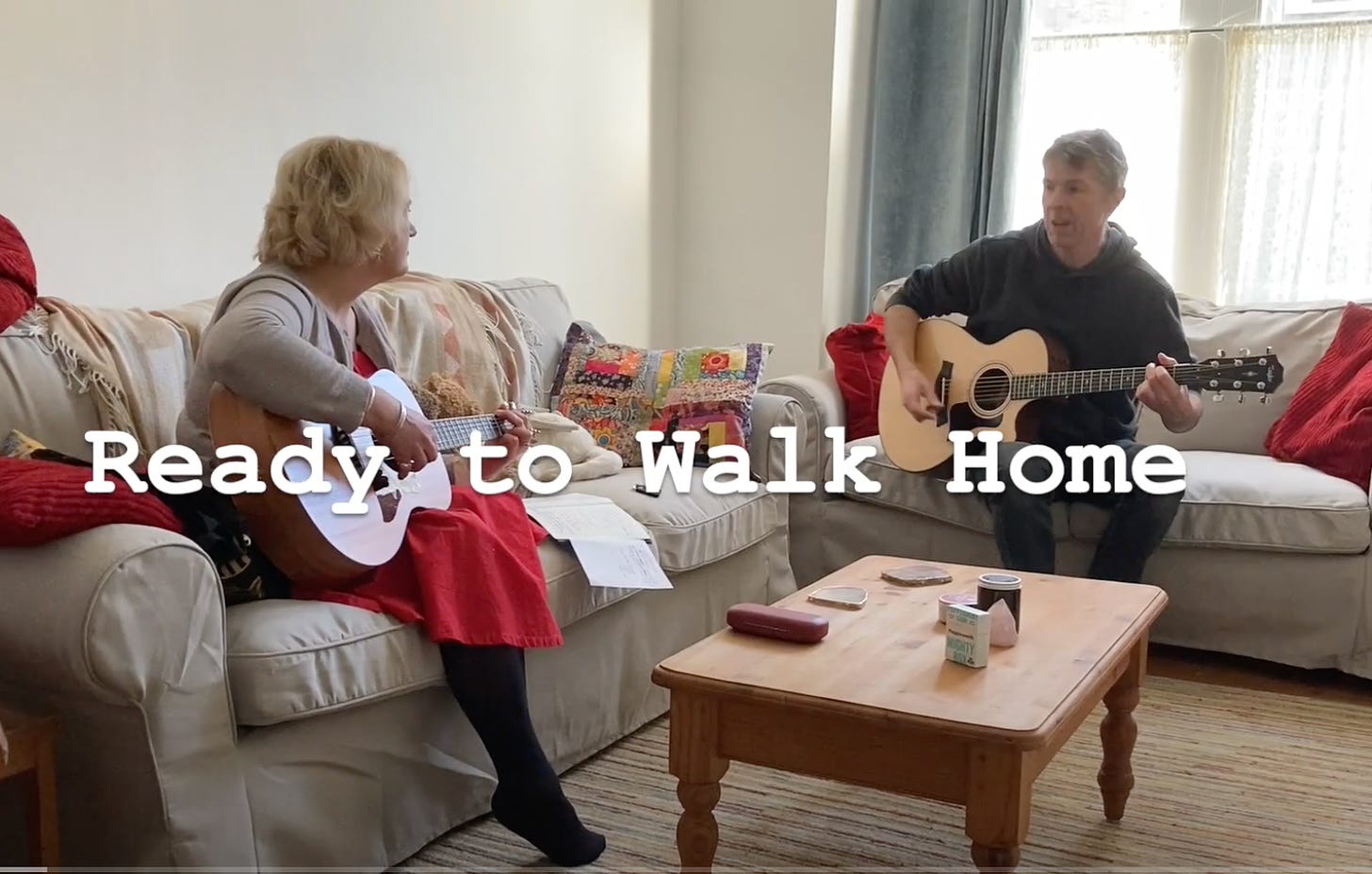
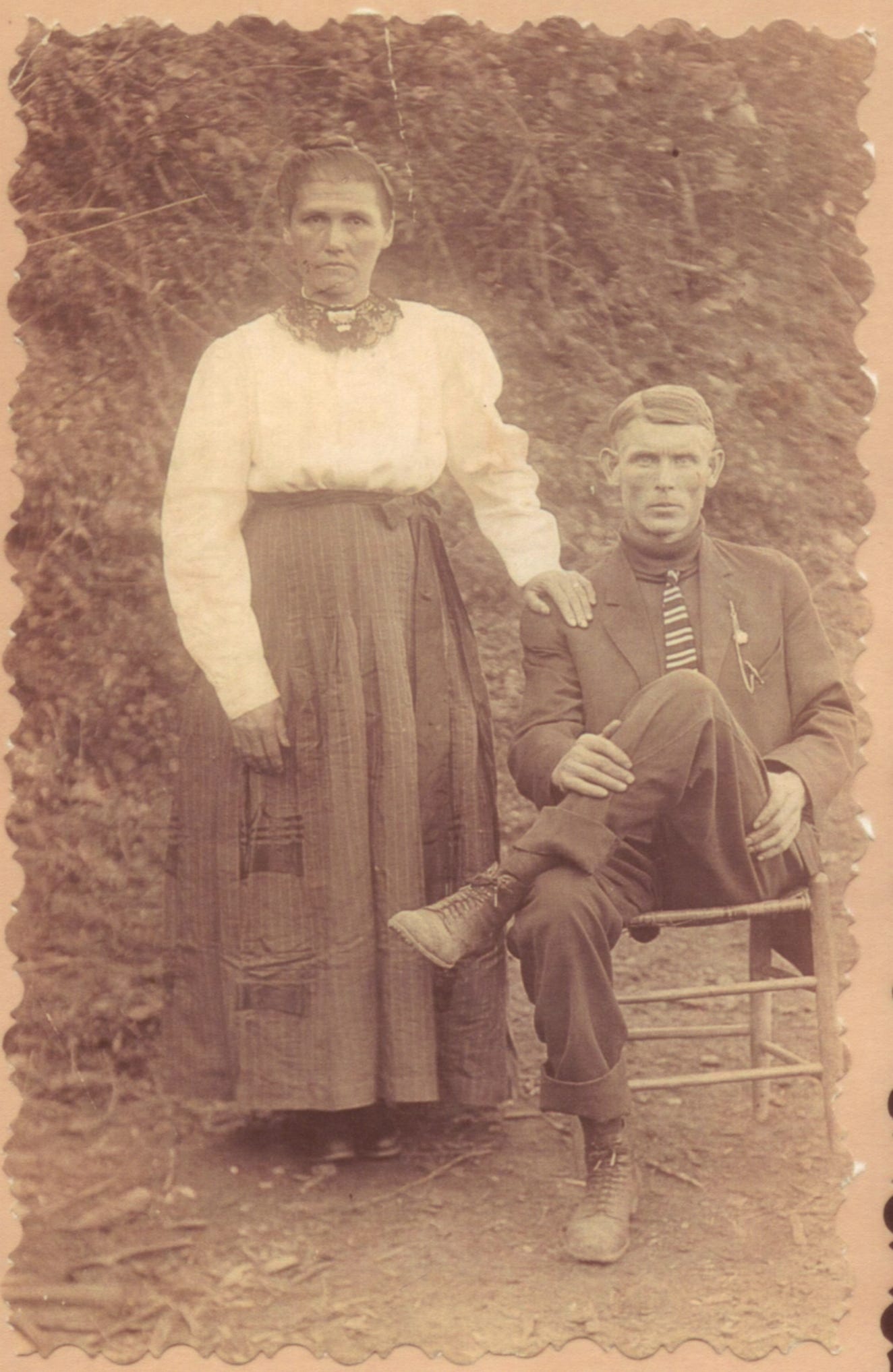
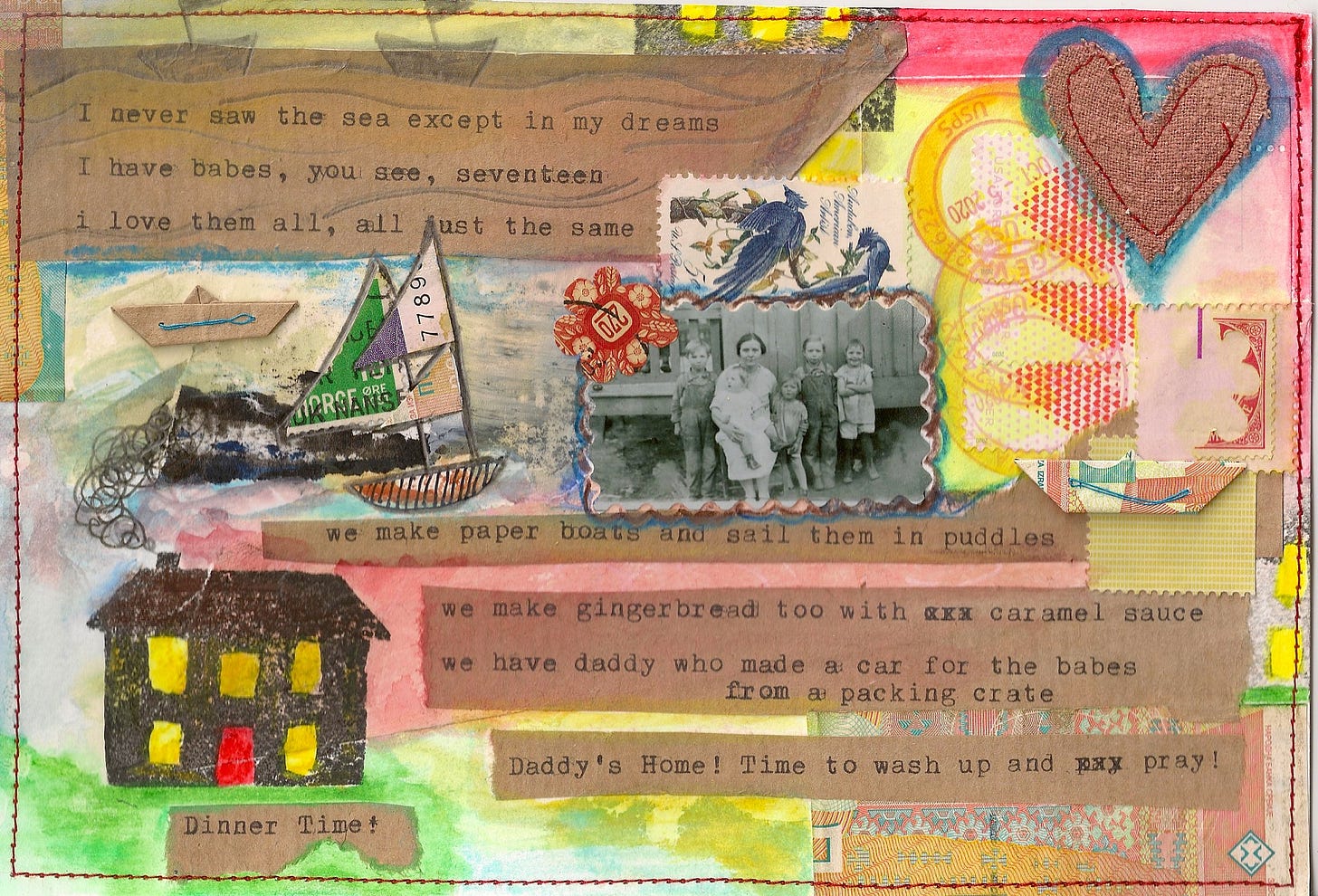
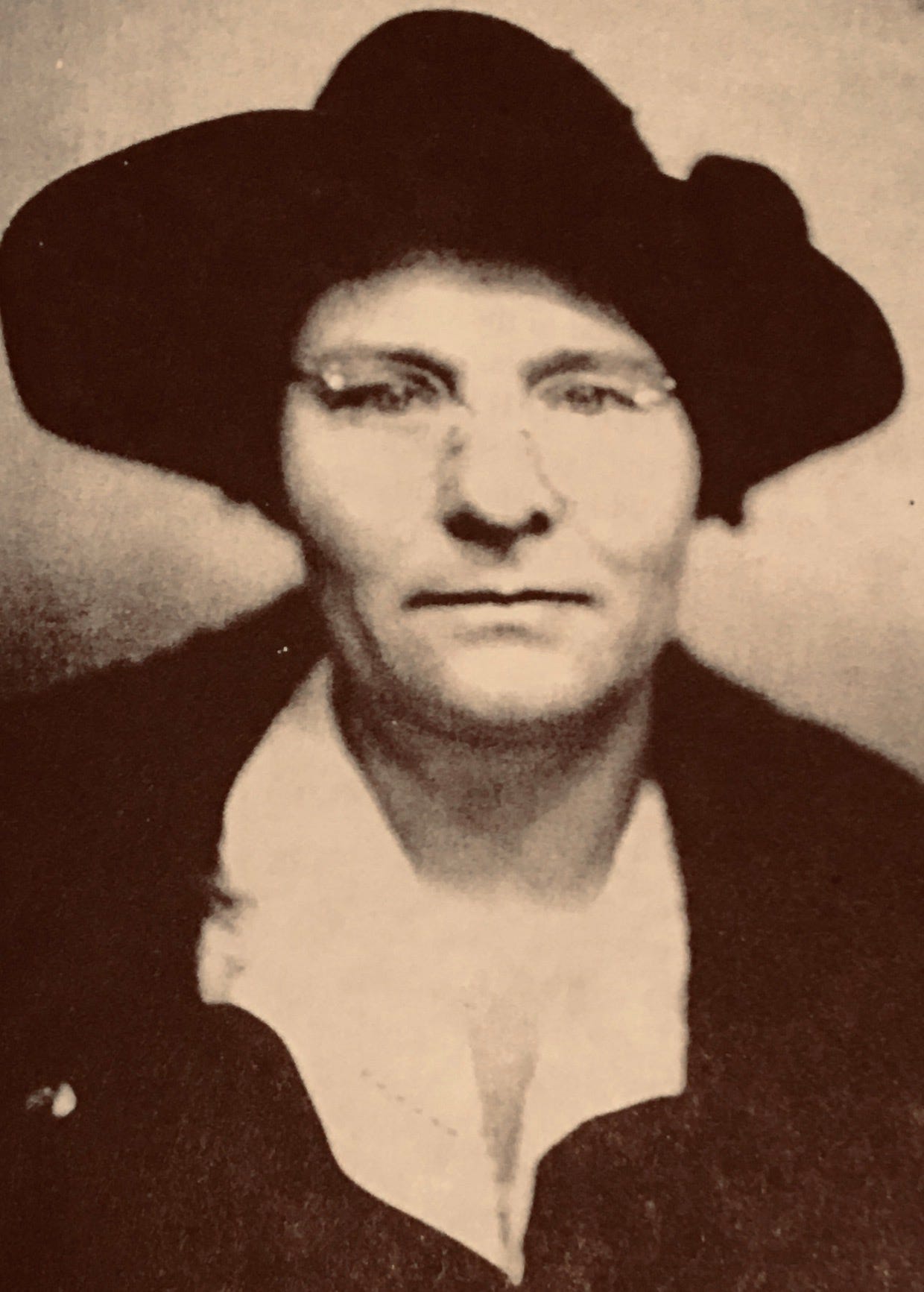
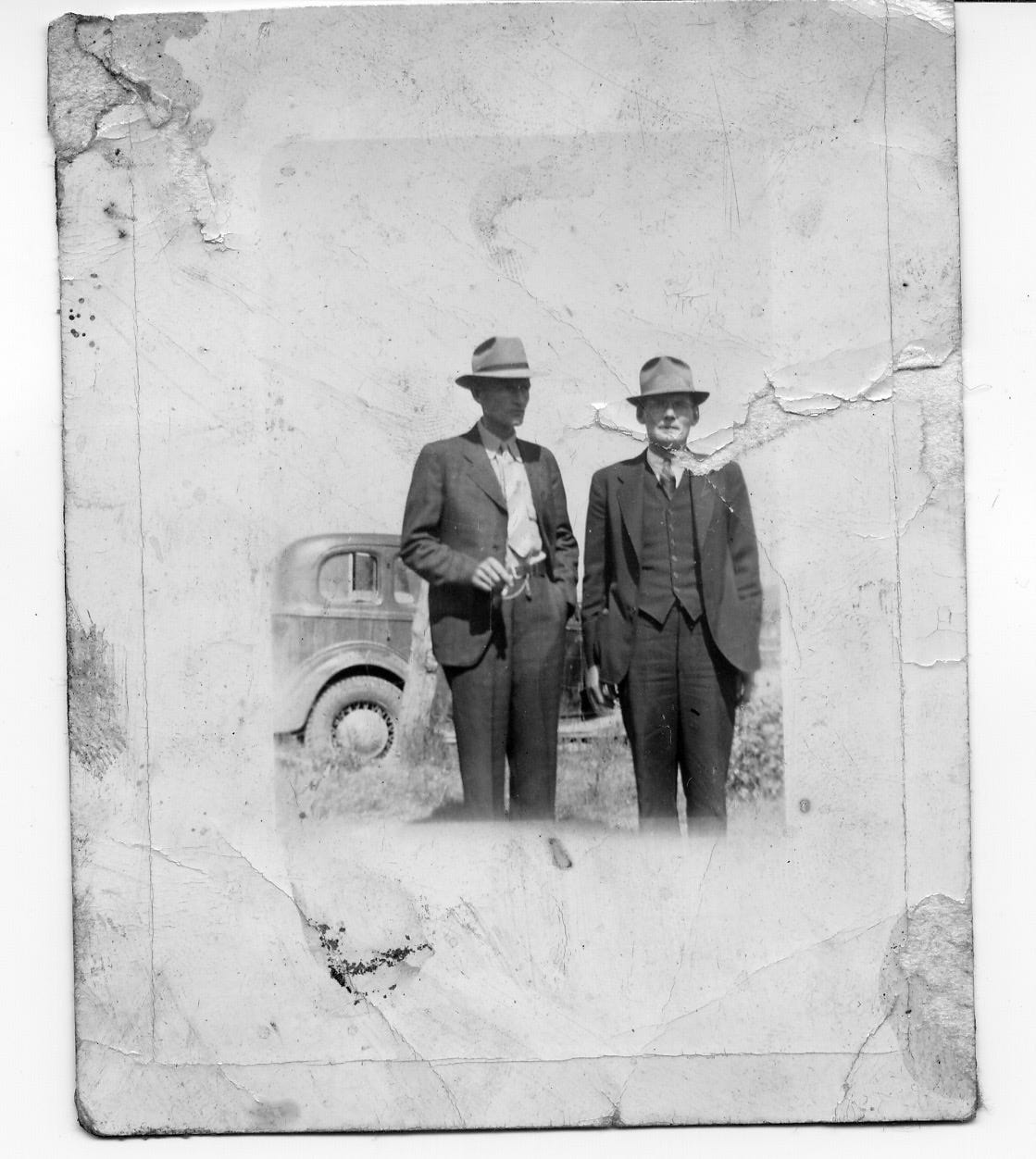
Comments
Post a Comment
Thank you for your comment! The lovely moderator will attend to it gently and promptly.